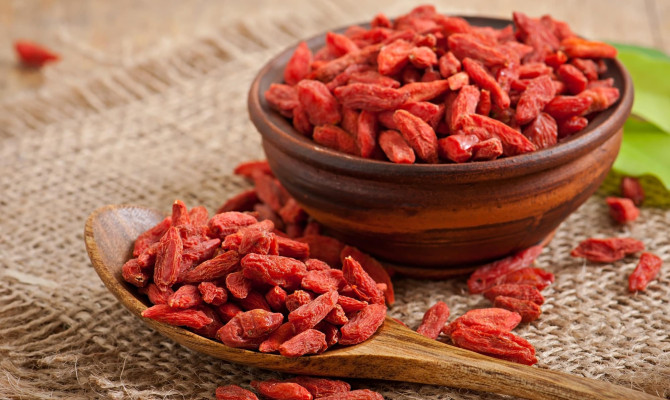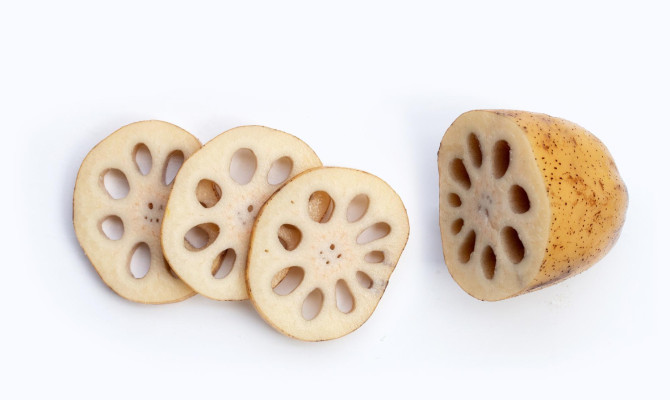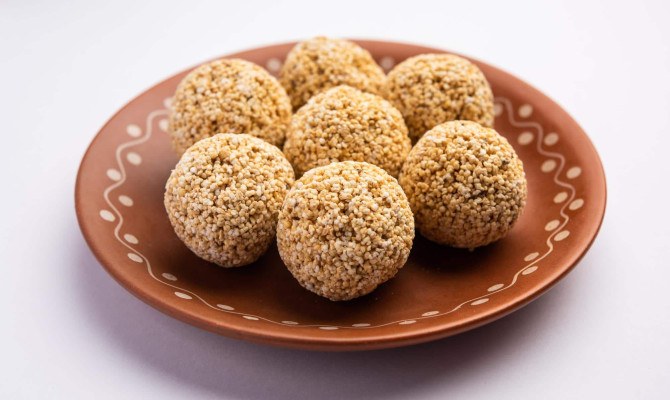Celery: Health benefits and Nutrition

- Celery
- 17 Aug 2023
Overview
About Celery
Celery is a crucial member of the family that also includes vegetables like carrot, parsnip, celeriac, and parsley which are all members of the Apiaceae family. Its crisp stalks make this vegetable a popular choice for a snack that is low in calories, and there is some evidence that it may offer a variety of health benefits.1Overview| Researched based study from Agmrc.org
Celery’s high fiber content has been shown to be beneficial for both the digestive and cardiovascular systems. Additionally, celery is loaded with antioxidants, which have been linked to a potential function in the prevention of disease. This article explores the potential health advantages of celery, as well as the nutritional composition of the vegetable and a few different methods for preparing it.
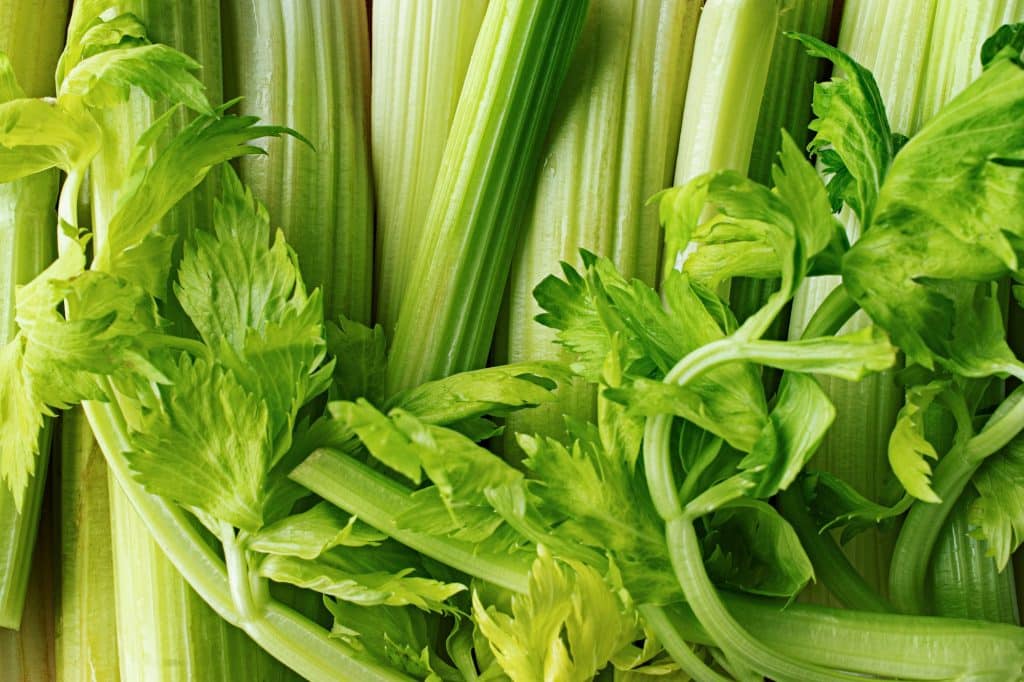
Nutrition
Nutritional contents of Celery
Although the majority of celery is made up of water, it is nevertheless a good source of dietary fiber. One celery stalk measuring four inches in length and weighing perhaps around four grams offers 0.1 gram of fiber.
Celery has a number of additional plant components, in addition to apigenin and luteolin, that are known to possess high antioxidant capabilities.
These include the following:
- Selinene
- Limonene
- Kaempferol
- p-coumaric acid 4Nutrition| Researched based study from Usda.gov
Antioxidants
- Antioxidants come in many forms, and each one helps protect cells from damage that might be caused by free radicals, which are unstable chemicals4Nutrition| Researched based study from Usda.gov
Vitamins and minerals:
- Vitamin K
- Folate
- Vitamin A
- Potassium
- Vitamin C.
Health benefits
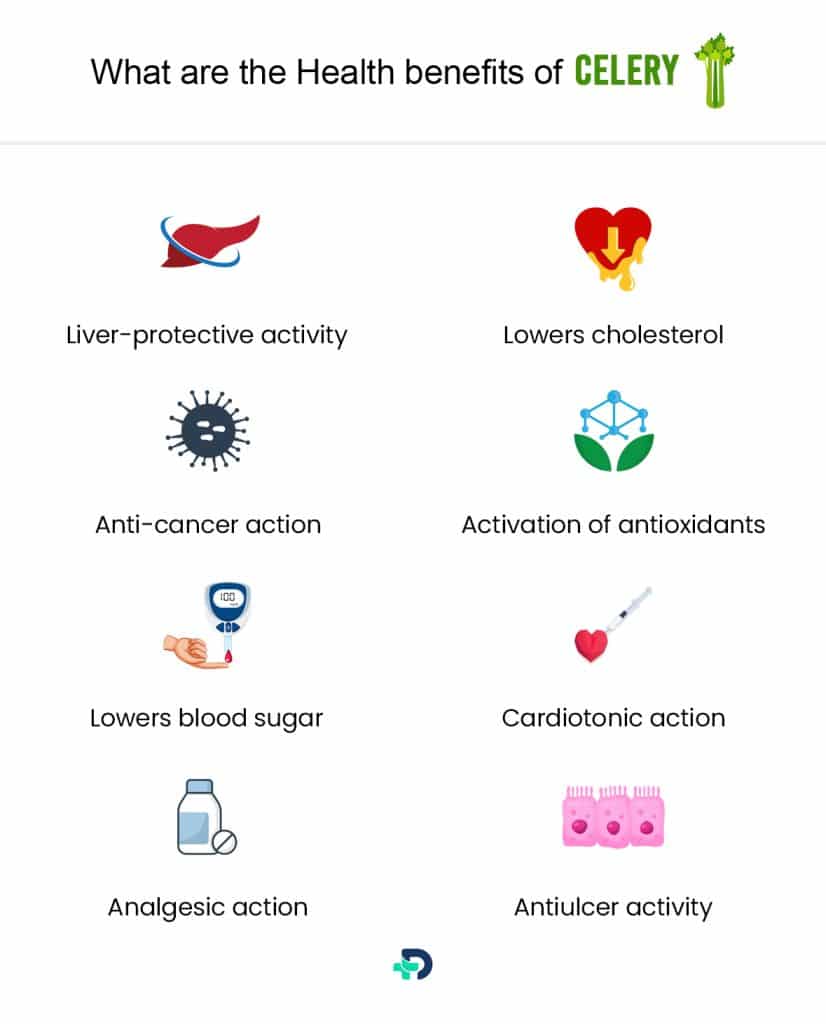
What are the Health benefits of Celery
Celery has ample of health benefits some of them are:
- Protects Liver
- Lowers cholesterol
- Lowers blood sugar
- Shows anti-cancer activity
- Fights against oxidative stress
- Reduces inflammation
- Acts as mosquitoes repellant
- Prevents Infertility
- Shows anti-ulcer, analgesic and anti-microbial activity
Liver-protective activity
- It was discovered that a methanolic extract of Celery (A. graveolens) seed had significant effectiveness against liver damage caused by both paracetamol and carbon tetrachloride.
- In comparison to silymarin, Celery extract was shown to have a dose-dependently attenuating effect on the rise in a number of different hepatotoxicity markers.
- These markers included aspartate transaminase, alkaline phosphatase, alanine transaminase, albumin, and total protein3Health benefits| Researched based study from Nlm.nih.gov
Lowers cholesterol
- In cholesterol-rich diets, including chicory, celery, and barley in one’s diet can help improve one’s lipid profile by lowering total cholesterol and triglyceride levels, as well as lowering the raised blood liver enzyme levels.
Activation of antioxidants
- A powerful natural antioxidant that works by blocking the oxidation process.
- It was discovered that celery extracts were effective at scavenging OH and DPPH radicals.
Larvicidal and mosquito-repellent action
- The larva of the Aedes aegypti mosquito, which is the carrier of the dengue hemorrhagic fever virus, can be effectively killed by the larvicidal, adulticidal, and repellant properties of celery seed oil.
Anti-cancer action
- The root and bulbs extract of celery demonstrated substantial cytotoxicity against lymphoblastic leukemia cells.
Lowers blood sugar
- When the celery extract is given intraperitoneally, it causes changes in the lipid profile and has an anti-diabetic impact.
Efficacy in reducing inflammation
- It has been shown that a pectic polysaccharide called apiuman, which is contained in celery, can reduce the production of interleukin-1 and enhance the production of interleukin-10.3Health benefits| Researched based study from Nlm.nih.gov
- Additionally, apiuman can reduce the number of neutrophils produced, which may also contribute to the anti-inflammatory effects of celery.
- Because the aqueous extract contained polar components, the stems of the celery plant exhibited a large amount of anti-inflammatory activity as well.
Antimicrobial activity
- It has been discovered that Celery possesses antibacterial activity, specifically against Escherichia coli.
Analgesic action
- The ethanolic extract of celery seed demonstrated considerable analgesic efficacy.
Antiulcer activity
- It is possible that the celery extract’s antioxidant activity is responsible for the great protection it offers to the stomach mucosa.
Action that relaxes tight muscles
- The presence of the flavonoid apigenin in the ethanolic extract of the celery plant was responsible for the remarkable anti-spasmolytic effect that was observed.
Activity aimed for preventing infertility
- In rats, the testicular toxicity caused by sodium valproate was found to Celery has a beneficial influence on the process of recuperation for the testicles and the sexual organs.
Inhibition of platelet aggregation
- It has been determined that the presence of apigenin in the extract of Celery is responsible for the powerful antiplatelet action observed in the plant.3Health benefits| Researched based study from Nlm.nih.gov
Activity that lowers cholesterol levels
- Levels of triglycerides, cholesterol, and low-density lipoprotein dropped by a substantial amount after eating celery.
Cardiotonic action
- Celery exhibited significant levels of cardiotonic as well as cardioprotective action.
Uses
Uses of celery
The different parts of celery has different array of uses, like
Roots, leaves, and celery stalks
- The stalk can be prepared as a raw vegetable dish, or it can be cut and cooked to be used as a significant ingredient in a variety of meals that are similar to soups and stews.
- The leaves can be cut up and used as a garnish in a manner analogous to that of parsley. The majority of the time, they are used as a seasoning herb when they are cooked in soups or sauces.
- Additionally, the root can be cooked and consumed as a vegetable, frequently in conjunction with bay or boldo leaves, parsley root, and lovage (a wild form of celery) leaves. Additionally, the root can be used as a flavoring herb.1Uses| Researched based study from Agmrc.org
Seeds of Celery
- An essential herb for flavor and garnishing, celery seed is utilized only sometimes. The aroma of the root is comparable to that of the seed, although the seed has a much stronger scent.
- In most cases, the amount of flavor may be adjusted more easily with the help of celery salt because it is made from celery root extract.
Oil of Celery
- In the market for therapeutic herbs, celery oil and crushed seed or root are marketed as herbal and dietary supplements that “promote and regulate” healthy blood pressure, joint “health”, and uric acid levels (through improving kidney function).
- In addition, it has been asserted that these preparations are effective in the treatment of gout, as well as in the prevention of bladder infections and cancer, among other conditions.
Fresh celery
- People that are concerned about their health consume large quantities of fresh celery.
- Although it is extremely low in calories, it is an excellent source of the essential vitamins A, C, and folic acid, as well as vital minerals.
- Some nutritionists believe that celery has a “negative calorie” count. This would mean that the body expends more energy in the process of consuming and digesting this vegetable than it receives in the form of calories from the vegetable itself.
- Celery is a natural fibrous tooth cleaner and contains substances that act as surface cleansers, both of which contribute to the fact that celery is beneficial to dental hygiene.1Uses| Researched based study from Agmrc.org
Celery comes in a variety of different types, each of which contains a number of powerful chemicals, some of which are extremely acidic secondary plant metabolites that serve as insect- or herbivore-repelling defensive substances that defend the plant. One of the chemicals found in celery, for instance, is a powerful photosensitizer and has the potential to irritate the skin of anyone working outside.
A healthy diet that includes celery may reduce the risk of developing:
- Cardiovascular disease
- Jaundice
- Liver and lien illnesses
- Urinary tract blockage
- Gout
- Rheumatic disorders
- Promotes the production of spermatozoa, which in turn improves their fertility.
- Reduces glucose, blood lipids, and blood pressure 2Uses| Researched based study from Nlm.nih.gov
- Bronchitis
- Asthenopia
- Asthma
- Chronic skin illnesses such as psoriasis
- Vomiting
- Fever
- Tumors.
- Treatment of colic with the diuretic properties of celery root.
Celery recipes
Dietary suggestions for including celery
Try any of these dishes to take advantage of the beneficial properties of celery.
- A Rich and Creamy Celery Soup. This soup is easy to make, and it has a velvety texture and a robust taste.
- Horseradish and celery root tossed in a salad with celery. This is straightforward but creative, and it adds a variety of unusual flavors and textures to the traditional salad.
- Ants on a Log. The traditional after-school snack gets a new spin thanks to this recipe. To maintain the dish’s traditional flavor, substitute peanut butter and raisins.
- Simply garnish a dish using finely chopped roots and stalks of celery.
Takeaway
Key Takeaways
- In addition to adding crunch and flavor to a wide variety of recipes, the seeds and extracts of celery may also provide a number of potential health advantages. It is also possible to use it as a convenient low-calorie snack.
- It is important to keep in mind that celery extracts, not celery sticks, have been the primary focus of research and traditional medical practices.
- However, there is evidence to suggest that eating a wide variety of freshly prepared fruits and vegetables can be beneficial to one’s health in a number of different ways.
- You can get celery seed extract in the form of a supplement; but, as is the case with any supplement, it is essential to see a medical professional to determine whether or not using it is both safe and advisable. Some dietary supplements may have an adverse reaction when combined with certain drugs or may not be appropriate for some individuals for other reasons.
Any feedback on this article?
 This Articles content was accurate
This Articles content was accurate Very Informative Article
Very Informative Article I have a question or a comment
I have a question or a comment
 This article contains inaccurate content
This article contains inaccurate content This article was not helpful
This article was not helpful I have a question or a comment
I have a question or a comment
We appreciate your helpful feedback!
Checkout our social pages
References
-
Agriculture Marketing Resource Center
Celery | Overview | Uses
-
National Library of Medicine
A Review of the Antioxidant Activity of Celery (Apium graveolens L) | Uses
-
National Library of Medicine
An Updated Phytopharmacological Review on Medicinal Plant of Arab Region: Apium graveolens Linn | Health benefits
-
U.S. DEPARTMENT OF AGRICULTURE
Celery, raw | Nutrition



























